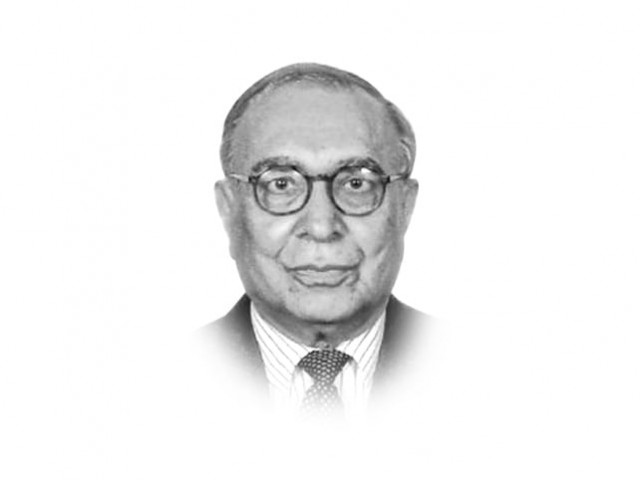Ramification of Erdogan’s victory
His victory will ensure continuity in domestic economy, politics and give a new impetus to Turkey’s foreign policy.

Ramification of Erdogan’s victory
Insofar as electoral majority is concerned, the outcome of this election, which brought out a staggering 87 per cent of voters, was never in doubt. In AKP’s first term in office (2002-2007) Prime Minister Recep Tayyip Erdogan stabilised the rather volatile Turkish economy with great imagination. He built up a broad coalition of stakeholders to ensure that the desperately needed spurt in national growth would not marginalise large sections of the population, particularly the huge number of internal migrants into the big cities from Anatolia. When the party again won an absolute majority in 2007, it was able to accelerate the rate of growth without too much anxiety about its dark side destabilising the social order. The present election took place in the midst of 9 per cent growth rate. Turkey achieved phenomenal diversification of trade as it balanced its preoccupation with the European Union (EU) with intensified interest in Russia, the Middle East, Africa and China. The electorate had no intention of rocking the boat in this optimistic setting.
Turkey has avoided wild swings in its external relations but, led by the collective wisdom of Abdullah Gul, Erdogan and, above all, the dynamic foreign minister, Ahmet Davutolu has managed shifts of axis while maintaining a balance between new initiatives and continuity in certain foreign policy areas such as the alliance with the West, Nato and interest in EU membership. The AKP saw in the foundational work done by Turgat Ozal, and others, to create a dynamic and independent discourse for the country’s useful strands that could be carried forward, while using its great parliamentary strength and a robust economy to take some measured ‘risks’ in conducting external relations. Erdogan broke away from the inflexible western approach to Iran’s nuclear issue and launched in May 2010, together with Brazil, a proposal that would make sanctions against Iran unnecessary, a solution based on an agreement on a low-enriched nuclear fuel swap. In June 2010, Turkey unambiguously rejected the anti-Iran sanctions at the Security Council. Another significant shift was Erdogan’s forthright criticism of Israel’s denial of Palestinian rights. Since Israel’s use of violence against the flotilla carrying humanitarian aid for Gaza, the AKP government has demanded apologies and damages from Tel Aviv.
AKP polled more than 50 per cent of the vote, a feat achieved in the past only by Adnan Menderes and Suleyman Demirel, and captured 325 seats in the 550-seat Grand Assembly. Turkey requires political parties to secure at least 10 per cent of the vote to enter parliament. The Kurdish Peace and Democracy Party fielded its nominees as independent candidates who bagged 5.9 per cent of the vote and 36 seats. No other party got represented in the House. This breakdown of seats has created a problem for Erdogan, insofar as his ambitious project to significantly amend the existing constitution — written in the military-dominated early 1980s — is concerned. Internal and external forces urged the voters not to give Erdogan the mandate to unilaterally change the constitution, partly because he has talked of a strong presidency. It seems that the electorate opted for a situation where he could govern unhindered but would have to seek the support of other parties to make constitutional changes. He has already declared that he will pursue his objective through consensus. He has the will and the skills to carry through the project.
Published in The Express Tribune, June 20th, 2011.














COMMENTS
Comments are moderated and generally will be posted if they are on-topic and not abusive.
For more information, please see our Comments FAQ